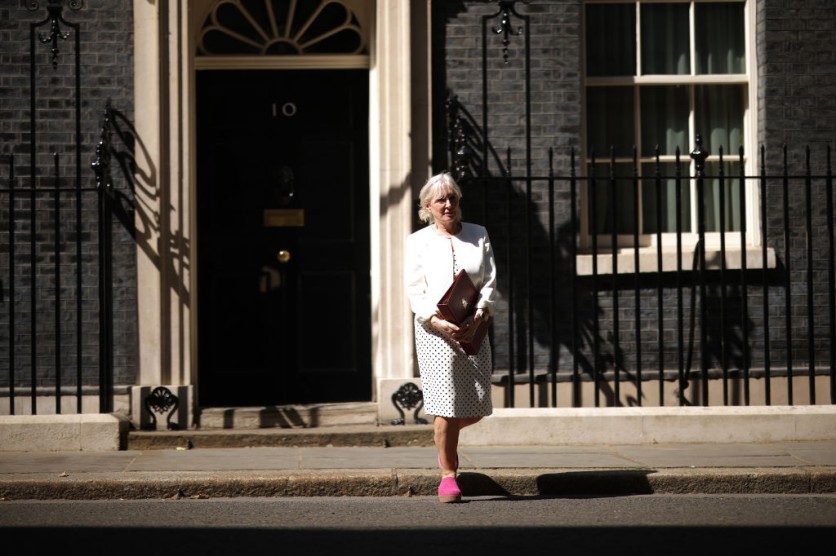
The UK government pushes new amendments to the online safety bill to promote and safeguard credible news reporting. This time, they are focusing on influential tech platforms.
Prominent Social Media and Tech Sites Now Prohibited From Filtering Content Instantly
Ministers have decided that IT companies should be prohibited from removing news information in the UK until an appeal against any amendment is heard. According to the proposed change in the internet safety bill, items that violate the terms and conditions of service cannot be withdrawn or buried before the publisher has been notified and has received the outcome of any appeal to the platform.
Nadine Dorries, UK's culture secretary, stated that democracy rests on the public's access to reliable journalism and news reporting. She also warned against tech firms removing legitimate journalism from their platforms without any credible justification. Moreover, Dorries stressed that what we need today is to address the lack of transparency in the way tech firms regulate online content. According to her, it is important because if the online spaces are not protected from tech firms exercising too much sovereignty, it could seriously affect public discussions.
The legal change is designed to avoid a repetition of last year's situation when YouTube abruptly suspended the digital station TalkRadio from its platform for breaching its content restrictions. After 12 hours, it was reinstalled. The amendment applies to the most popular digital sites, including Twitter, YouTube, and Facebook, and is intended to address concerns that the bill's provisions on protecting users from dangerous information may encourage tech companies to excessively delete or degrade content.
The new rule does not apply to unlawful content, referred to as a priority offense in the bill. It includes material such as terrorist and child sexual abuse, which can be removed without recourse. It will also not apply to sanctioned news channels such as the Kremlin-backed RT and Sputnik.
What Change Does the Amendment Espouse?
The amendments also require the communications watchdog, Ofcom, to review the bill's impact on news publisher content within two years of the bill has become law. There will also be further protections for reader comments on articles. The bill is due to return to parliament next week before being implemented early next year.
The News Media Association (NMA), which represents 900 titles in the national, regional, and local news industry, said the changes were "essential" to protecting press freedom. According to Sayra Tekin, legal director at the NMA, the change's goal is to maintain the essence of media independence while encouraging consumer access to accurate news and information online. Tekin adds that the rule on deleting content arbitrarily can ensure that no digital news provider can suppress information at their whim.
In their terms and conditions, major platforms will have to explain how they would deal with that content, including if it will result in takedowns, which Ofcom will monitor. Furthermore, Tekin concludes that this is a step forward in the battle against misinformation and deception. The government also revealed potentially hazardous information that it wants tech platforms to handle. Among the categories are online bullying and harassment, promoting eating disorders, and advocating self-harm.

![Apple Watch Series 10 [GPS 42mm]](https://d.techtimes.com/en/full/453899/apple-watch-series-10-gps-42mm.jpg?w=184&h=103&f=9fb3c2ea2db928c663d1d2eadbcb3e52)


